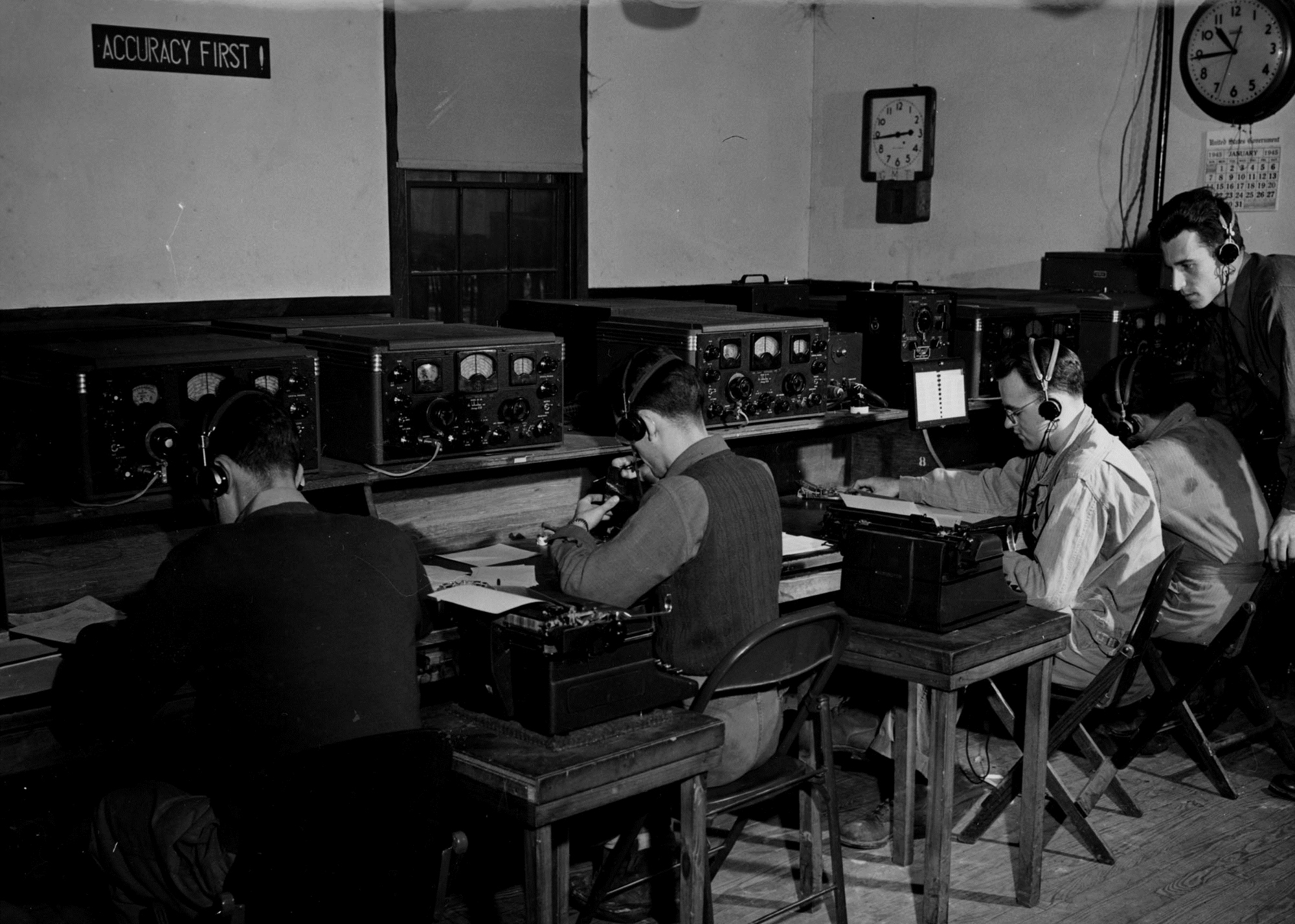Espionage << EHS pee uh `nahzh` or EHS pee uh `nihj` >> is the act of spying on a country, organization, movement, or person. It involves a network of agents and those who recruit and supervise them—called case officers—serving clandestinely (secretly). These people are known as spies.

Spies seek timely and accurate military, political, scientific, economic, and technical information called intelligence. This information can be classified (obtained from secret documents or missions) or open source (obtained from media outlets, including social media). Agents engage in espionage for a variety of reasons, including for money; because of ideology (to advance a particular cause); to compromise (because of blackmail); and for ego purposes (as a result of flattery).
There are two principal kinds of intelligence gathered by agents: (1) information obtained from people directly and (2) information obtained from wiretapping and other electronic eavesdropping methods. A wiretap is a concealed listening or recording device that is attached to a communications system such as a telephone wire. The gathered information is evaluated by analysts with special knowledge in a particular topic. Depending on the threat or need, the information can be included in briefing books (formal reports prepared for policymakers).
Counterespionage
consists of efforts to deceive, subvert (destroy), monitor, or neutralize the clandestine activities of another spy agency or foreign government.
History.
Espionage is older than war. The first spies were probably prehistoric people who were curious about their neighbors’ hunting techniques. The Bible tells of Moses sending spies into Canaan. More than 4,000 years ago, the first known intelligence dispatch was written on a clay tablet. It described a covert (secret) mission along the Euphrates River in southwestern Asia.
George Washington’s extensive network of spies obtained intelligence and conducted secret missions for the Continental Army during the American Revolution (1775-1783). Allan Pinkerton directed espionage and counterespionage for the Union Army during the early days of the American Civil War (1861-1865). One of the most productive secret agents on either side was Union sympathizer Elizabeth Van Lew of Richmond, Virginia. Van Lew ran an underground network of men and women who served as spies. Van Lew reported to Union authorities on Confederate activities in Richmond, the Southern capital, and supervised covert missions from her home.
During World War II (1939-1945), the Office of Strategic Services (OSS) conducted overseas espionage and intelligence operations for the Allies. Created as a result of the surprise attack at Pearl Harbor, the OSS is considered America’s first intelligence agency. President Harry Truman disbanded the OSS after the war ended.
The National Security Act of 1947 established the U.S. Central Intelligence Agency (CIA) to coordinate the nation’s postwar intelligence activities. During this time, the CIA’s principal adversary was the Soviet Union’s KGB. KGB stands for Russian words meaning Committee for State Security. Following the Sept. 11, 2001, terrorist attacks against the United States, Congress created the Office of the Director of National Intelligence to oversee the intelligence-gathering operations of the CIA and other government agencies.
Since the mid-1990’s, global reliance on information technology has resulted in major opportunities for hackers who target military, government, and corporate computer systems. This development has led to computer espionage, called cyber espionage.
